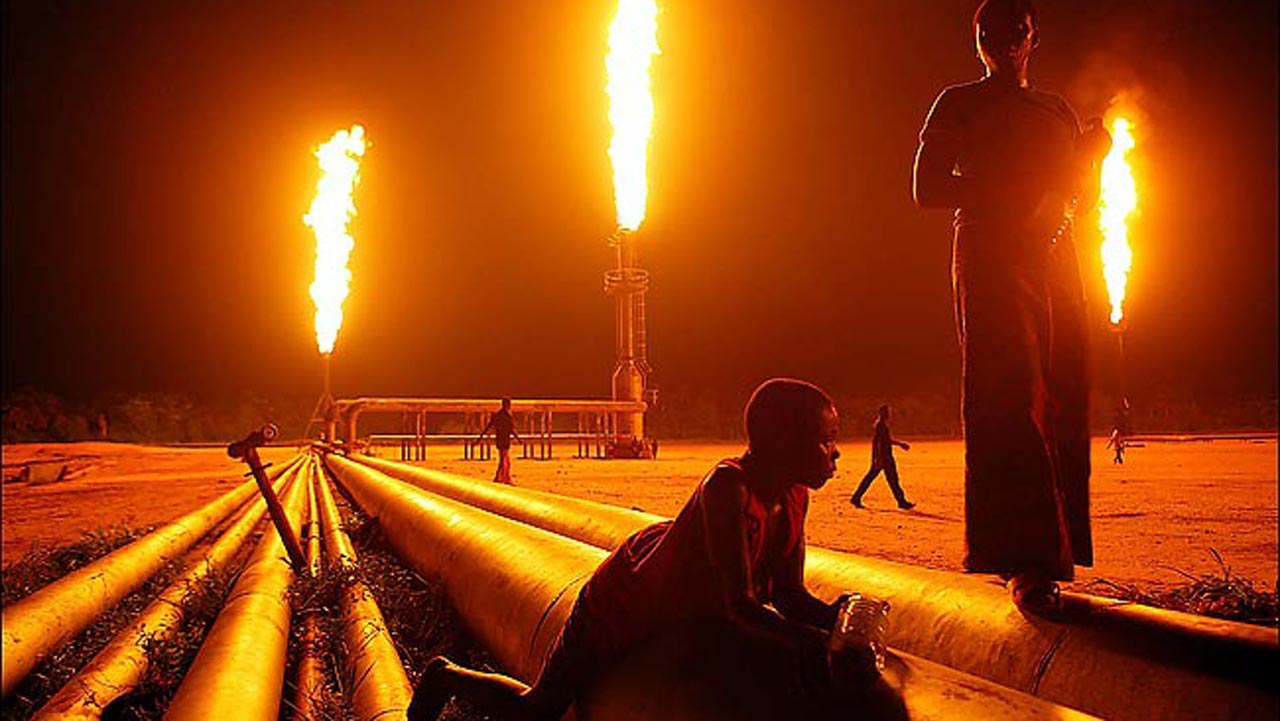*Empowers oil firms to deny funding to communities’ trust fund
The Petroleum Industry Bill (PIB), recently passed by both chambers of the National Assembly, has foreclosed the payment of gas flare penalty funds to oil-producing communities, as part of the many cut-back against host communities.
In the version passed by the House of Representatives, the bill, awaiting final passage by the National Assembly before it is presented to the President for assent, also empowers oil firms, as parts of cost-cutting measures, to slash the number of members of the Board of Trustees and refuse to fund the host communities development trust fund to be set up mandatorily by the companies.
In the area of the abolition of the payment of gas flare penalties to host communities, the PIB contained a number of new clauses which expressly stated that the penalties by operators in the midstream petroleum industry, would be determined and paid to one of the two petroleum industry regulators, in this case, the Nigerian Midstream and Downstream Petroleum Regulatory Authority [paragraph 259(c)].
The PIB also directed, in Paragraph 52(7)(d), that upon receipt of the penalties, the Nigerian Midstream and Downstream Petroleum Regulatory Authority (The Authority), should transfer the money to the soon-to-be-created Midstream Gas Infrastructure Fund, who it saddled with the responsibility of determining how the funds would be utilized.
It also stipulated that penalties collected by the upstream petroleum industry regulator, the Nigerian Upstream Regulatory Commission (The Commission), within its jurisdiction, should be transferred to the Midstream Gas Infrastructure Fund.
However, it stated that the fund would only be invested in midstream gas infrastructure projects in the host communities of the sanctioned oil companies.
Specifically, the PIB stated that: “any other matters as may be determined by the Authority pursuant to this Bill which includes imposition of gas flare penalty arising from midstream operations which shall be for the credit of the Midstream Gas Infrastructure Fund, and shall be utilized for midstream gas infrastructure investment within the Host Community of a designated facility.
“Moneys (sic) received from gas flaring penalties by the Commission pursuant to subsection 104(4), shall be transferred to the Midstream Gas Infrastructure Fund for investment in Midstream Gas Infrastructure within the host communities of the settlor on which the penalties are levied.”
Furthermore, in the aspect of host community development trust fund, a new clause was inserted in the PIB which mandates The Commission and The Authority to include, while making regulations on host communities’ development, a grievance mechanism to resolve disputes between oil firms and their host communities.
The mechanism for dispute resolution, according to the PIB, empowers oil companies to make a series of adjustments regarding host communities development trust fund, to enable them reduce expenditures where the available financial resources for administration of the trust fund are insufficient to fund the ongoing operations.
The House of Representatives’ bill had earlier mandated oil firms to set aside an annual contribution of five per cent of its actual annual operating expenditure of the preceding financial year in the upstream and two per cent in the midstream and downstream in respect of all petroleum operations, for the host communities’ development trust fund.
The bill went ahead to state that the oil companies can singularly adopt cut-costing measures, whenever they feel they have insufficient finances for the trust fund, by reducing the number of members of the Board of Trustees and frequency of meetings.
The companies were also empowered to refuse to fund the host communities’ reserve fund and not hire the respective fund managers.
The oil firms are also authorized by the PIB to reduce the number of members of the management committee of the trust fund, and the frequency of meetings; and reduce the frequency of meetings of the host community advisory committee.


